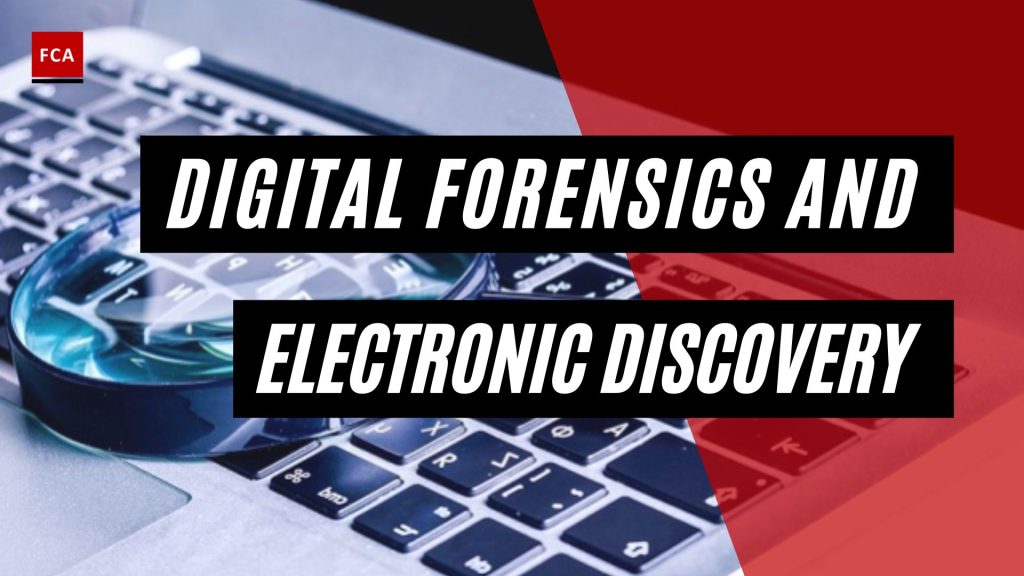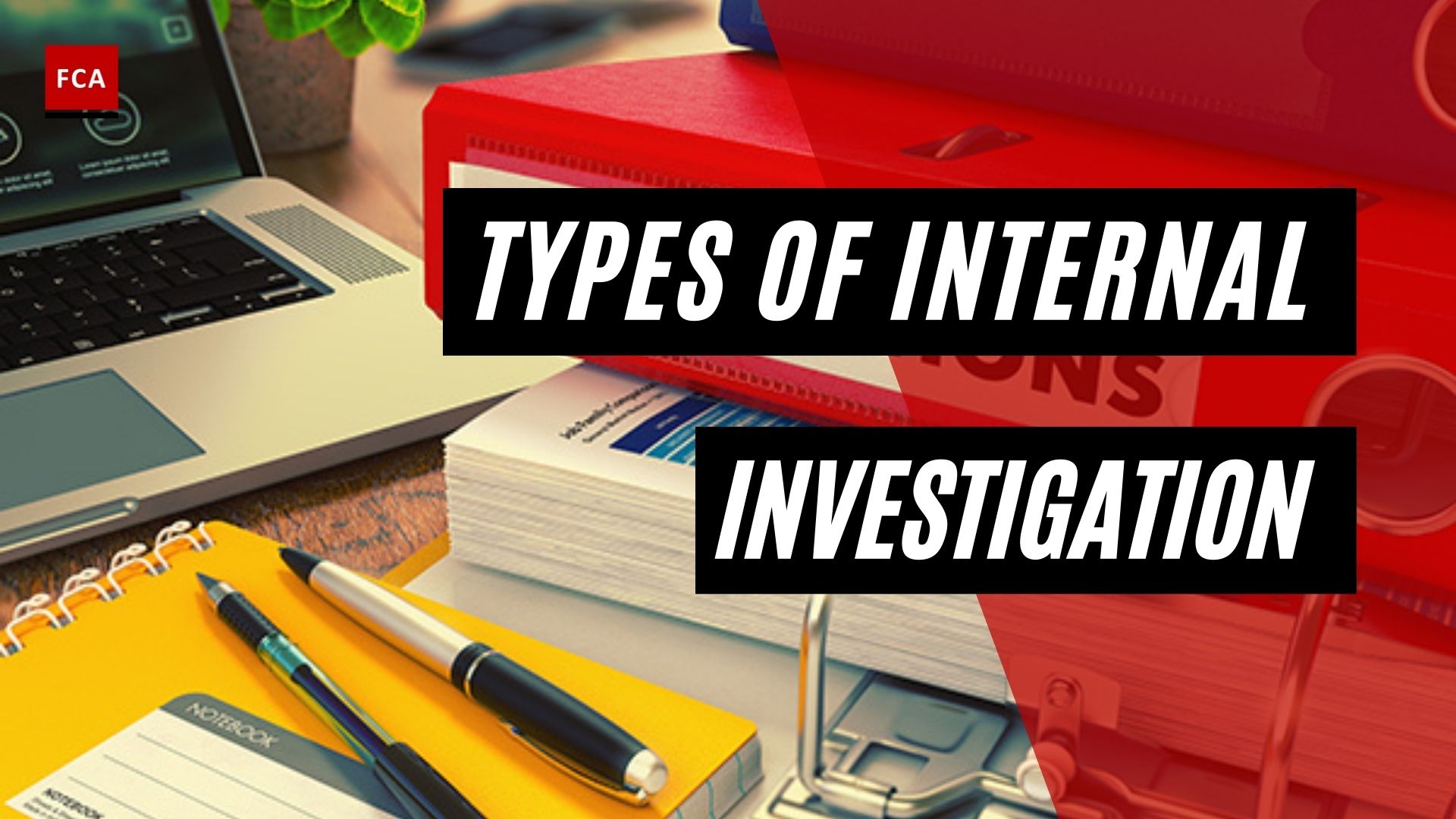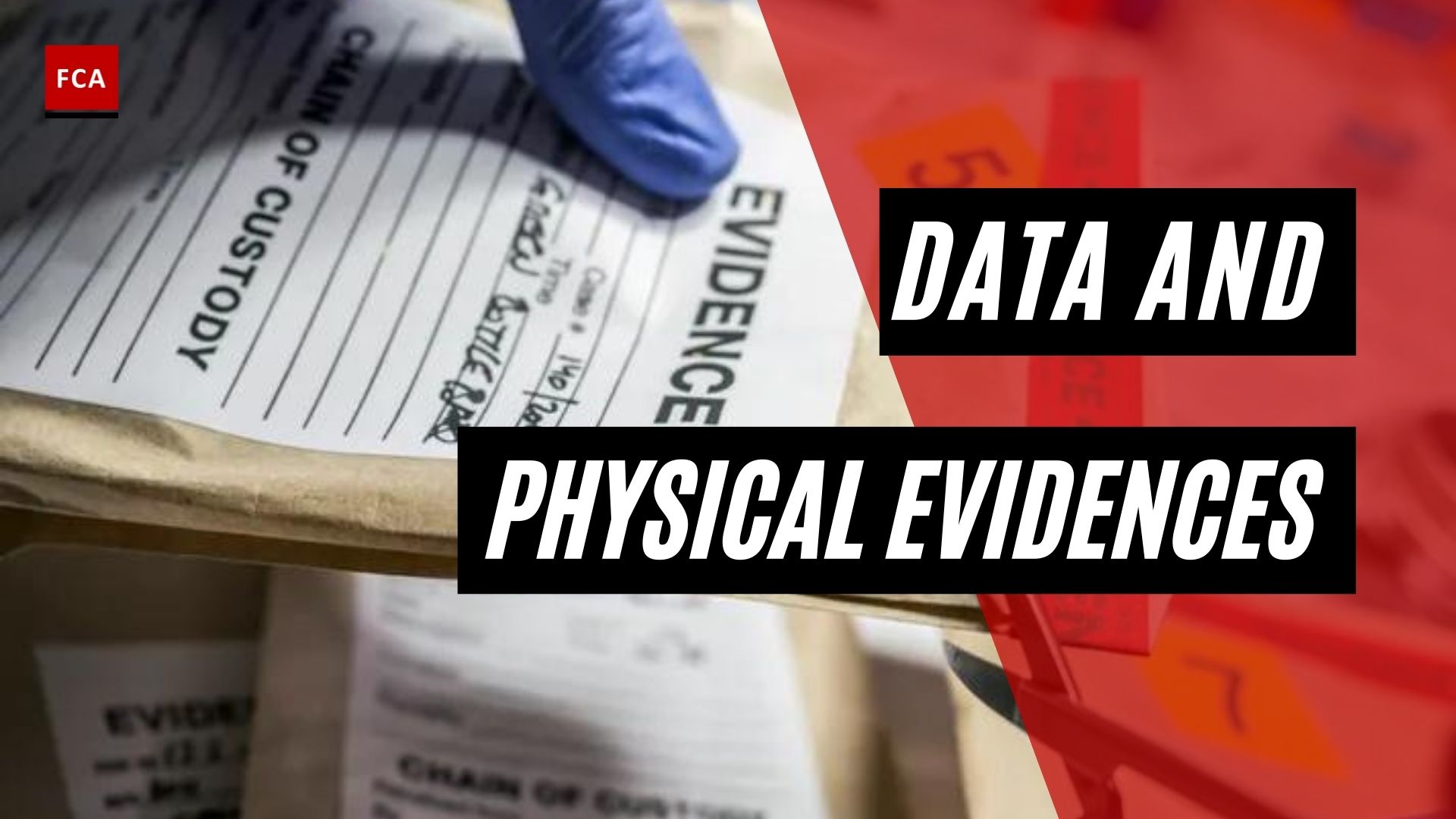Digital forensics and electronic discovery are two terms that are often used interchangeably, but they have distinct differences. Digital forensics is centered around the retrieval of difficult-to-obtain data. For instance, a specialist with specialized training, tools, and software usually performs data that has been altered or deleted.
On the other hand, although e-discovery often uses some software techniques, it is simple for anyone to use and perform. In nearly every organization or institution, electronic discovery is a common practice to uncover hidden facts or information about a particular case. E-discovery is required for things such as preserving file metadata.
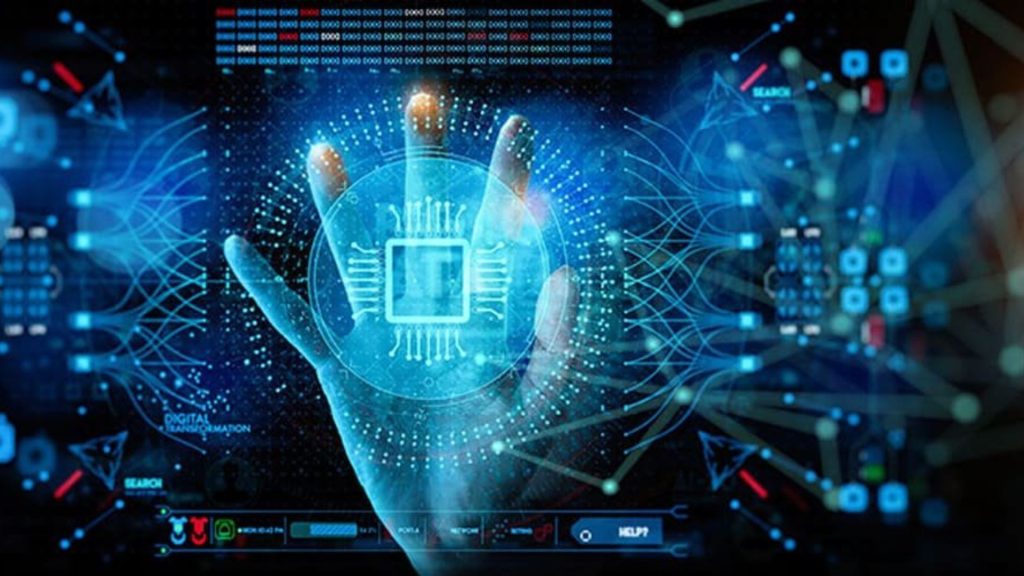
Differences between Digital Forensics and Electronic Discovery
Digital forensics and electronic discovery have certain differences. Digital forensics is the process of collecting, preserving, analyzing, and presenting electronic data in a way that is admissible in a court of law. It involves investigating and analyzing digital devices and data storage to determine whether there is evidence of a crime or misconduct. Digital forensics experts use specialized tools and techniques to extract and analyze data from electronic devices, such as computers, smartphones, and other digital storage media.
Electronic discovery, or e-discovery, is the process of identifying, collecting, and producing electronic documents and data for use in legal proceedings. It is a subset of digital forensics, but it is focused on identifying relevant electronic data that can be used as evidence in a legal case. E-discovery is typically used in civil litigation cases, where the goal is to find and produce relevant electronic data, rather than investigating a crime or misconduct.
Digital forensics is a specialized form of e-discovery in which an investigation is performed on the contents of a specific computer stored on a hard drive. After physically isolating the computer, specialists performing digital forensics make a digital copy of the hard drive being investigated. Then the original computer is locked and secured to avoid altering data or information by someone unauthorized to use the computer during digital forensics. Usually, the investigation is performed on the specialist’s digital copy.
E-discovery and digital forensics are similar processes because they involve identifying, collecting, assessing, and preserving data or information gathered. However, the main differences between the terms are in how the data is presented and who analyzes it.
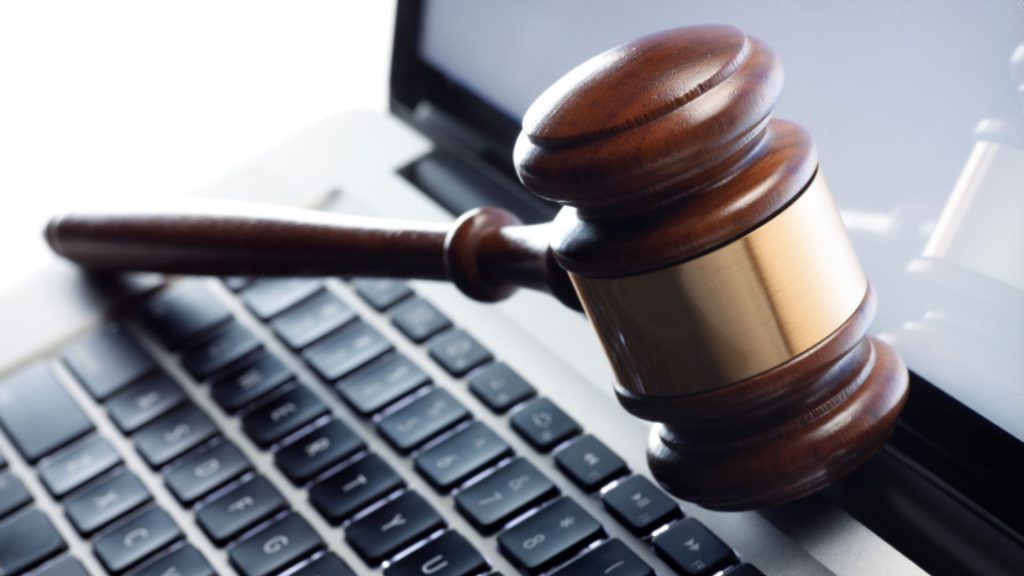
In digital forensics, a forensics specialist protects data integrity and brings forth stored data. In e-discovery, attorneys handle these processes. Digital forensics also uses different software applications.
E-discovery involves analyzing the data collected by legal experts or advisors. E-discovery gathers and organizes information for others to view. With the transformation of businesses into the digital environment, where data and information are captured and stored in electronic or digital devices, the discovery process has also evolved into its electronic counterpart. Instead of checking paper documents, specialists focus on reviewing digital documents like emails, spreadsheets, word documents, power-point, images, websites, PDFs, etc.
These files or documents may not be found in one single device or platform; they may be spread across the organization’s network or different servers, clouds, and official or personal email inboxes.
Final Thoughts
In summary, digital forensics is a broad field that involves investigating and analyzing digital devices and data storage to determine whether there is evidence of a crime or misconduct. Electronic discovery is a more specific process that involves identifying, collecting, and producing electronic documents and data for use in legal proceedings.

